How to Improve Decision Making in Soccer: 5 Smart Steps
Professional soccer players don’t just think faster—they think better. Elite players consider 3x more variables in each decision while processing information 2x faster than amateur players, creating a compound advantage that’s nearly impossible to overcome through physical training alone.
From reading the game to responding to offensive situations, soccer players must process countless variables while executing split second decisions that can change the entire outcome of a game, all while receiving pressure from the opposing team. This is why knowing how to improve decision-making in soccer is one of the most important skills that players need to develop if they want to become better players.
Elite players develop these decision-making abilities by mastering game intelligence, building field awareness, and using specialized training to improve their information processing speed. Over the years, by observing countless training sessions and matches, I’ve learned that players who commit to improving their decision making processes through deliberate training consistently outperform those who focus only on their physical conditioning and technical skills.
In this guide, you’ll discover five proven strategies that can help transform average players into tactically intelligent decision-makers who control the tempo of games.

How do You Improve Decision-Making Skills in Soccer?
Transforming your decision-making from reactive to proactive requires targeted training methods that challenge both your mental and physical capabilities under pressure. These five proven techniques will help you develop the split-second judgment and tactical awareness that elite players use to control match tempo and outcomes.
Train Consistently and in Game-Like Scenarios
By far the most effective way for soccer players to improve their decision making process is by training consistently in game-like scenarios such as futsal, small-sided games, and high-intensity training sessions. These environments force players to process information quickly, adapt to the opponent, and make split-second decisions under pressure.
To get the most out of your training sessions, it is also important to learn from the people around you, including teammates, opponents, and coaches. Additionally, remember that the key to improving your decision-making skills is consistent practice.
Master Technical Skills and Athletic Fundamentals
Professional soccer players, and all high-level players in general, know that mastering technical skills such as first touch, passing, dribbling, and shooting is essential for good decision making on the field. The more control you have over the ball and your body, the easier it is going to be to react to the game plan and execute the right choice in a split second.
This is why elite players spend countless hours perfecting their technical abilities in training sessions – when your skills become automatic, your mind is free to focus on reading the game and making tactical decisions.
Improve Your Mindset – Develop Game IQ and Awareness
Good decision making processes in soccer depends heavily on a player’s mindset and awareness. By constantly scanning the playing field and reading the game, players anticipate tactics, exploit more space, and understand where the opponent is vulnerable.
The best players in the Premier League and other top leagues around the world show how developing game IQ and awareness through focused practice will lead to better decision-making during both offensive and defensive situations.
Analyze Your Past Football Games
Reviewing and analyzing past matches is another one of the most effective ways to improve decision making in soccer. By using video analysis, data collection, and coach feedback, players can identify mistakes, learn from them, refine their game reading, and learn how to make better decisions in future games.
This process is essential for both player development and for building the decision-making skills that separate average players from the best players in the sport.
Focus on Mental and Physical Recovery
Finally, player development goes beyond physical and mental training sessions – recovery is the foundation that allows players to consistently execute good decision making under match pressure. When it comes to recovery, elite players prioritize sleep, nutrition, hydration, EMF exposure, and stress management because these elements directly impact their ability to process information quickly and make split-second decisions when facing the other team.
Without proper recovery protocols, even the most technically skilled players will experience decreased tactical awareness and slower response times during crucial moments in a match.
Final Thoughts
Elite decision-making in soccer is the result of consistent training, proper recovery, and a commitment to developing both your technical skills and tactical intelligence. Elite soccer players don’t just rely on their physical ability and technical skills; they systematically build their information processing speed and game reading capabilities to gain a competitive advantage over opponents.
By applying these five proven strategies consistently, you’ll develop the decision-making abilities that define the best players in the sport.

FAQS
What is the Role of Decision Making in Soccer Players?
Decision-making is the foundation skill that determines a player’s ability to influence match outcomes, from choosing the right pass to timing their positioning. Players with superior decision-making skills can adapt to changing situations, exploit opponent weaknesses, and execute tactical plans better than those with low decision making skills.
How to Improve Speed of Play in Soccer?
Improving speed of play in soccer requires developing game understanding, decision-making abilities, technical proficiency, and tactical awareness simultaneously. Players must combine these elements with consistent training that simulates match-like scenarios and pressure.

